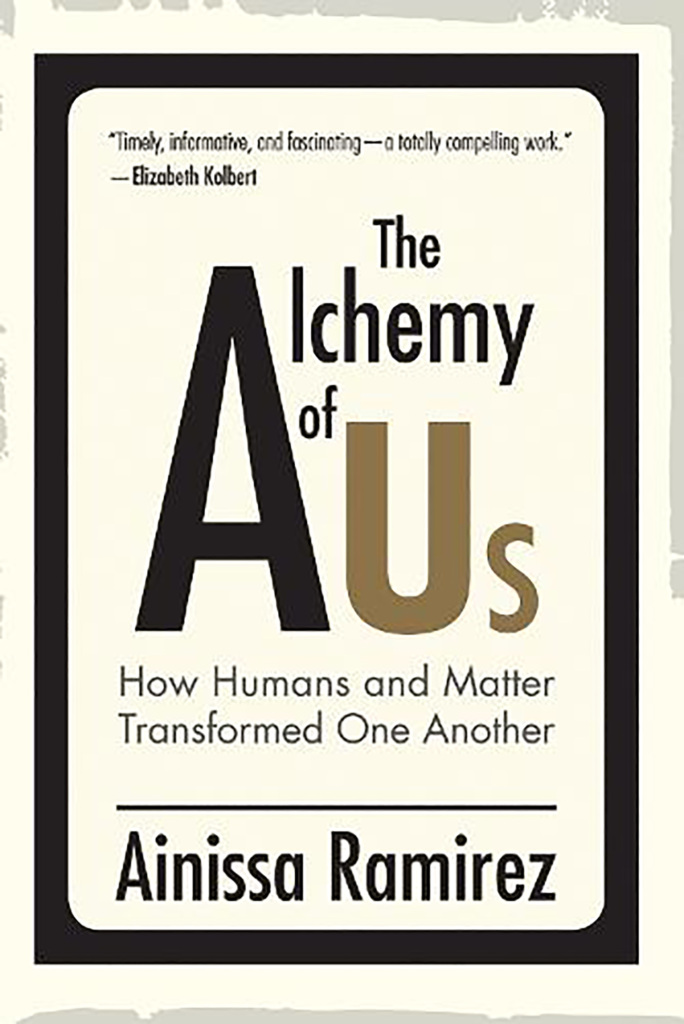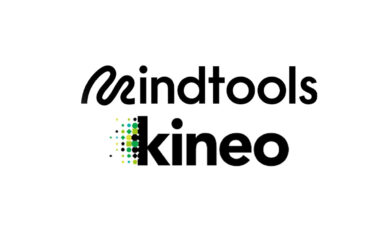I still think often of my eighth-grade English teacher, who taught my class wisdom along with language skills. One gift she gave us was the chance to do something she called an “enrichment project.” We could use class time to research a personal interest, write about it and then give a presentation on the topic.
I’d seen the Northern Lights that year over my house and was captivated by them. They don’t appear often in my childhood home of Prince Edward Island, Canada. Their traces were faint, bands of green and white flickering among the stars. I felt connected with the wonder of the universe we live in.
Invention Inspiration
For my enrichment project, I researched the Northern Lights. I learned about the science behind them as well as the myths connected to them. I made a collage of pictures. Then I found something cool on the internet: instructions for making a simulator that could imitate the Northern Lights.
It involved a bell jar, an ikebana frog (not an amphibian but a type of Japanese flower-arranging equipment!), and the application of an electric current. The result was a glow that looked like the aurora. Of course, I wanted to build a simulator myself.
The Trouble With Invention
I continued with my Northern Lights simulator idea for a science project. I found a high school teacher who was excited to work with me on it. We got the equipment, put it together, and turned the current on. Nope. Nothing!
I came up with theories that I thought might explain why it didn’t work. I won a prize at the school science fair with my not-yet-working experiment and went on to the provincial fair, with time in between to test my theories out.
We never did get the simulator to work, but it was a good exercise in troubleshooting. An invention like that just needed more than a couple of theories and more than a couple of tries.
Trying Times
In her book “The Alchemy of Us,” materials scientist and writer Ainissa Ramirez introduces us to the stories behind the inventions that shaped our world. I loved reading about how better clocks changed our ways of sleeping, how they changed how we interact with each other. I loved learning how carbon filaments created better lighting but also light pollution, and how computers are changing our brains.

The author wants us to see ourselves reflected in the stories, so she crafted careful portraits of the inventors as people. Readers get to know a little about their interests, hopes and flaws. They also learn just how much effort these people put in.
Several of the inventors tried and tried again for years, experimenting with different materials until their ideas became a physical reality. Some of them collaborated, as I did with my high school science teacher. It often takes a lot of work to create something impactful.
Inventions and Their Unintended Consequences
“The Alchemy of Us” highlights the value of innovating, but also of thinking critically about what we do and what the consequences of an invention might be. Technology comes from the material world, and it impacts that world in far-reaching and unforeseen ways.
You read about all those inventions and think about how brilliant the world is, the complicated ways in which it works. And all the ways that our inventions shape it. You read about the inventors and think, “Maybe I can be brilliant, too.”
The wonder of the world around us is the source of those inventions – the same wonder that inspired me to give a Northern Lights simulator a go.
The book worked. After reading it, I want to learn. I want to take risks. Maybe it’s time for another science experiment…
Download our “The Alchemy of Us” Book Insight
We review the best new business books and the tested classics in our monthly Book Insights, available as text or as 15-minute audio downloads.
So, if you’re a Mind Tools Club member or corporate user, download or stream the “The Alchemy of Us” Book Insight now!
If you haven’t already signed up, join the Mind Tools Club and gain access to our 2,400+ resources, including 390+ Book Insights. For corporate licensing, ask for a demo with one of our team.
What inventions have affected you the most? What would you like someone to invent next? Let us know in the comments, below.




